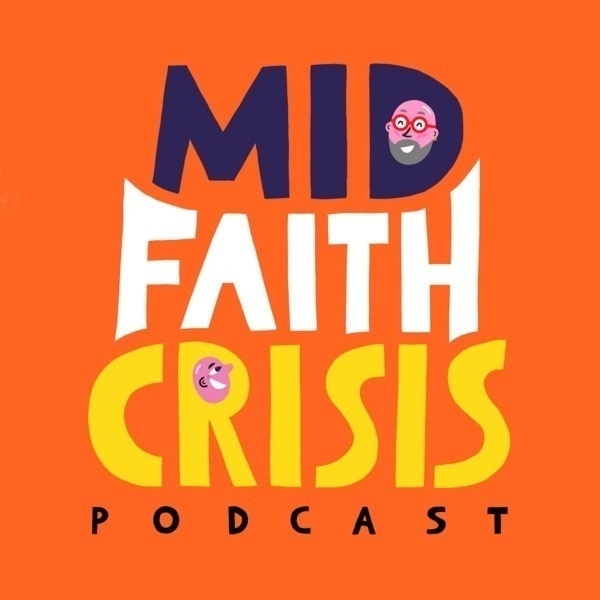
Happy Candlemas to one and all. In this episode we talk a lot about baptism: what is it, where did it come from and does it still matter? And did I really write a book on it without realising?
Spoilers, but turns out we both think it’s still significant and important. My feeling is that, as something which Jesus told us to go and do, it seems that we ought not to dismiss it lightly. Along with the eucharist, it’s one of the two core rituals of the early church. Rowan Williams subtitled his book Being Christian as ‘Baptism, Bible, Eucharist, Prayer’ and I think that’s still a pretty good summary (although I would add ‘Community’ and ‘Giving’ as other things which formed the habitus of the early church).
The issue with baptism, which is common to many rituals, is that the act becomes seen as something vital for salvation, something, without which, you will not get into heaven. I’m not saying that the sacraments are not efficacious in some way: I think it should have a real, practical, measurable effect on people. But it remains a richly symbolic act, not a medical procedure. (As we say in the episode, the thief on the cross was not baptised, but he got into paradise OK.)
We have lost some of that symbolism, I think. Although in the very early days, baptism was simply ritual washing, by about 200 a wealth of symbolism had been added to the ritual. Believers took off their clothes, went down into the water and came up the other side. They were then given a new set of clothes, milk and honey to drink, and anointed with oil.1 In other words you re-enacted Christ’s death and resurrection, you entered the promised land and you became a christos – an anointed one. You were in a play, playing the lead role of Jesus.
The physicality of baptism was important. This gets lost at Christenings and, indeed, in most baptisms performed today. I wish there were some way of bringing that richness back.
-
Much of this detail comes from Alan Kreider’s books. And there is a wealth of material in Ancient Christian Worship by Andrew B. McGowan (pp.135-173) ↩︎